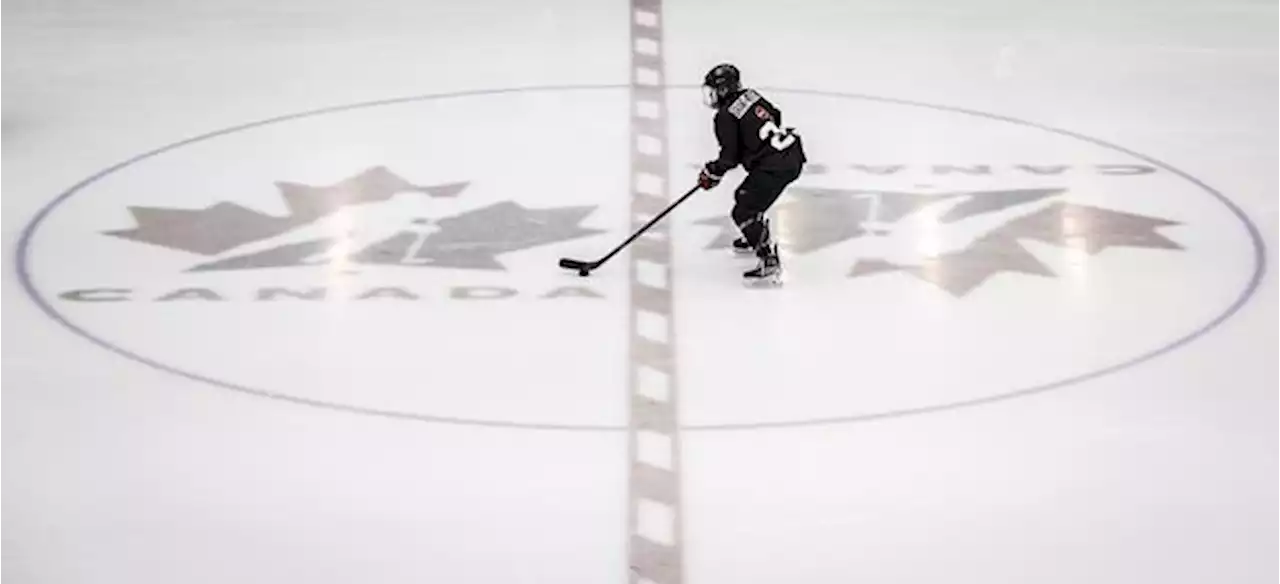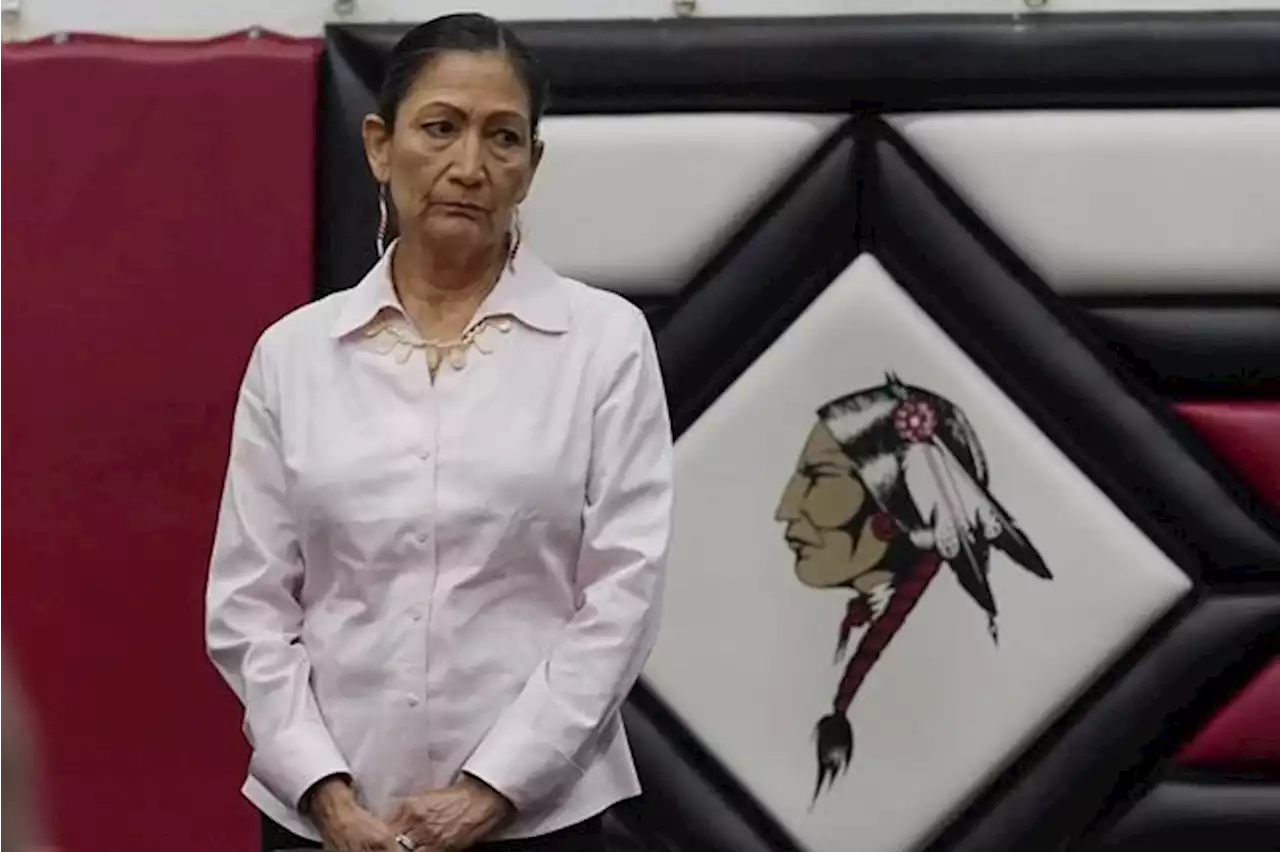In the aftermath of historical atrocities, apologies can offer a sense of justice and acknowledgement for people who were the targets of institutional violence
The following article, written by Catherine Richardson, director, First Peoples Studies Program, associate professor, School of Community and Public Affairs, Concordia University, is republished here with permission:
I was recently lead researcher on a project at Concordia University called “Indigenous Healing Knowledges.” One insight shared by many survivors at a related conference where Elders, Knowledge keepers and Indigenous youth offered teachings about their experiences and approaches to healing, is that people are more likely to recover — and promptly — when the violence against them has been acknowledged and not minimized.
Two apology-types described by Molinsky are visible in the Pope’s statements: the “excessive apology” that draws attention to one’s own feelings rather than what was done. The “incomplete apology” takes the tone of “I’m sorry that this happened, I’m sorry that you feel this way” and uses passive language.
Shifting the topic away from violence to the trauma of others conceals violence, disappears perpetrators and may result in blaming victims. This shift conceals the preceding acts of deliberation, planning and entrapment. Focusing on the mind of the victim is a strategy used by perpetrators, and their associates, to discredit victims and their claims.
Repairing harms In order for history to be aligned with the realities of state abuse, a plan of action must follow an apology.
South Africa Latest News, South Africa Headlines
Similar News:You can also read news stories similar to this one that we have collected from other news sources.
 BEYOND LOCAL: Reparations critical after Pope's apologyIn the aftermath of historical atrocities, apologies can offer a sense of justice and acknowledgement for people who were the targets of institutional violence
BEYOND LOCAL: Reparations critical after Pope's apologyIn the aftermath of historical atrocities, apologies can offer a sense of justice and acknowledgement for people who were the targets of institutional violence
Read more »
 BEYOND LOCAL: Women's players fear fallout of frozen Hockey Canada funding'It's a valid concern, especially long term,' said Gina Kingsbury, director of hockey operations for Hockey Canada's women's team
BEYOND LOCAL: Women's players fear fallout of frozen Hockey Canada funding'It's a valid concern, especially long term,' said Gina Kingsbury, director of hockey operations for Hockey Canada's women's team
Read more »
 BEYOND LOCAL: Students want ‘university experience’ missed during COVIDData suggests students miss in-person learning and activities which encourage socialization
BEYOND LOCAL: Students want ‘university experience’ missed during COVIDData suggests students miss in-person learning and activities which encourage socialization
Read more »
 BEYOND LOCAL: Students want ‘university experience’ missed during COVIDData suggests students miss in-person learning and activities which encourage socialization
BEYOND LOCAL: Students want ‘university experience’ missed during COVIDData suggests students miss in-person learning and activities which encourage socialization
Read more »
 BEYOND LOCAL: U.S. sets sights on missing, murdered Indigenous womenA big catalyst is Interior Secretary Deb Haaland, the first Indigenous member of cabinet in U.S. history
BEYOND LOCAL: U.S. sets sights on missing, murdered Indigenous womenA big catalyst is Interior Secretary Deb Haaland, the first Indigenous member of cabinet in U.S. history
Read more »
 BEYOND LOCAL: Women's players fear fallout of frozen Hockey Canada funding'It's a valid concern, especially long term,' said Gina Kingsbury, director of hockey operations for Hockey Canada's women's team
BEYOND LOCAL: Women's players fear fallout of frozen Hockey Canada funding'It's a valid concern, especially long term,' said Gina Kingsbury, director of hockey operations for Hockey Canada's women's team
Read more »
